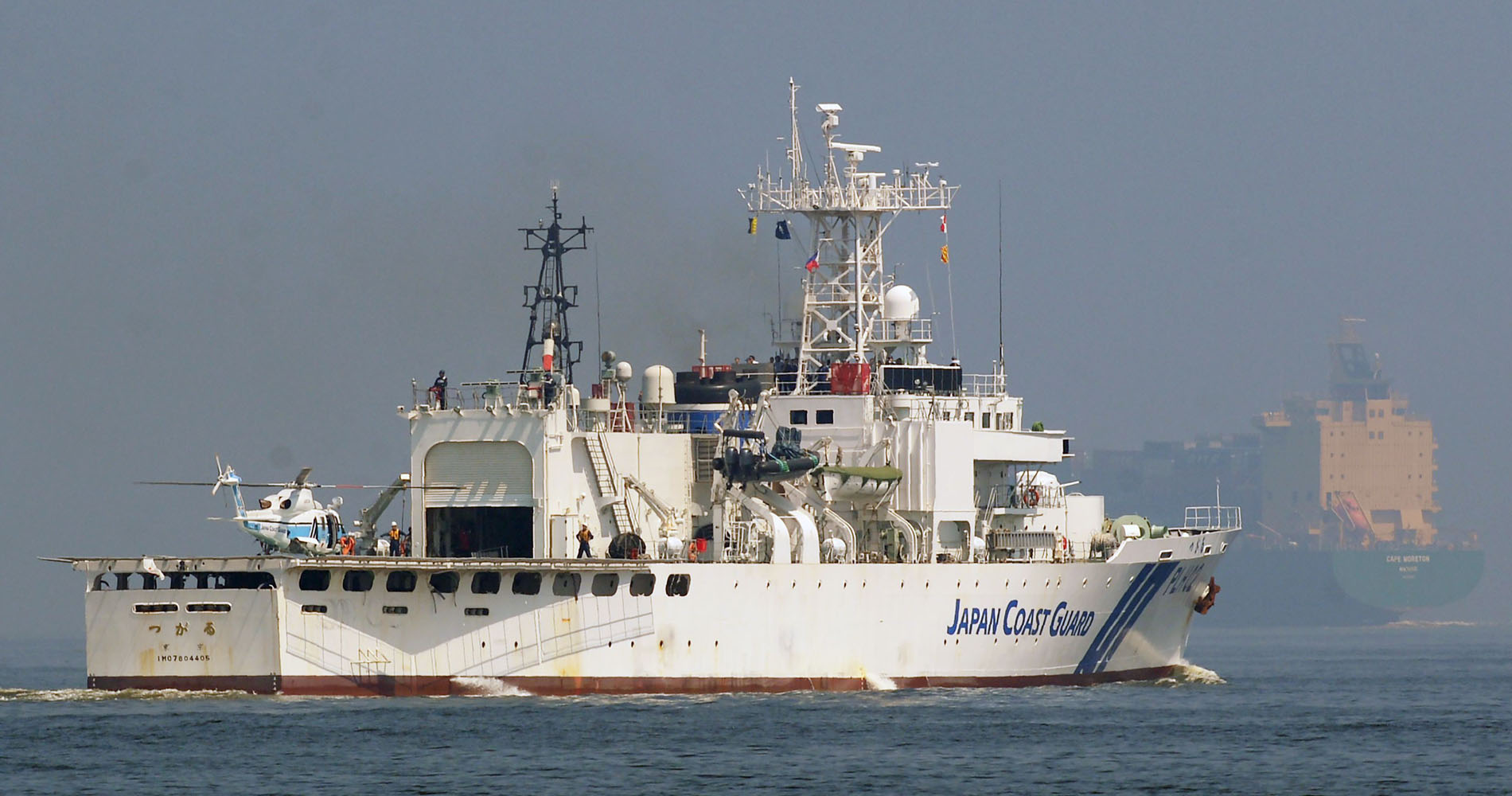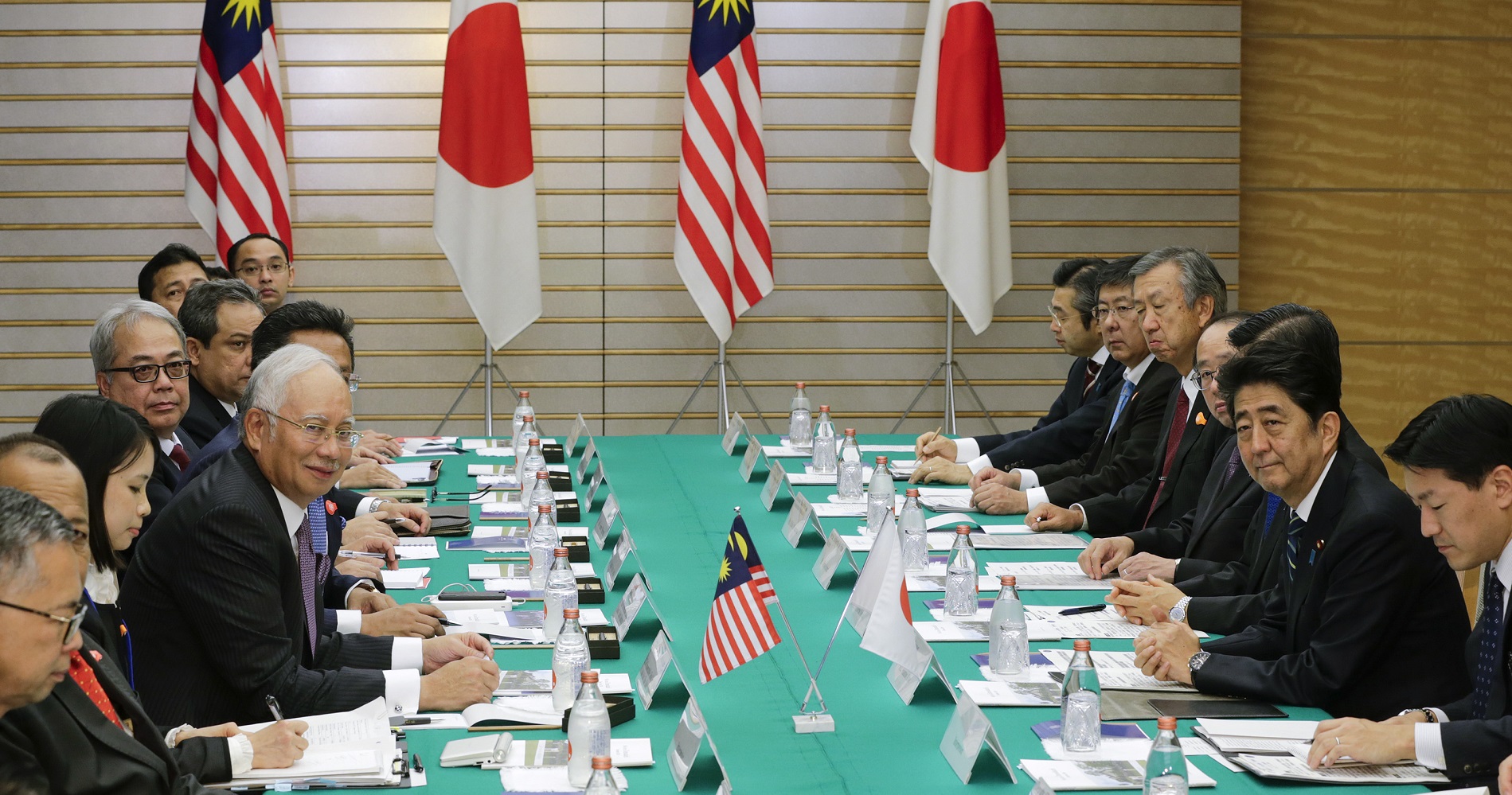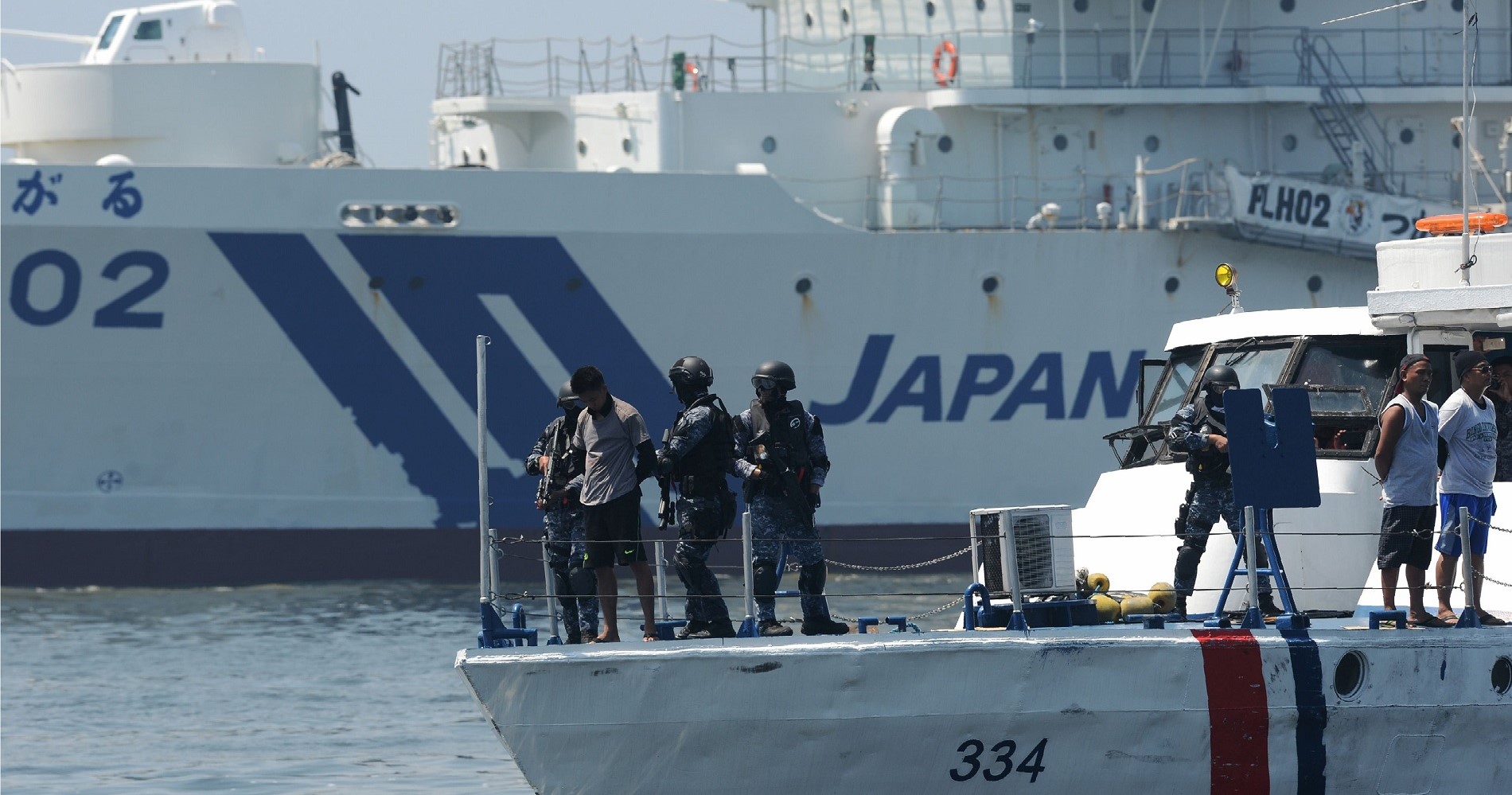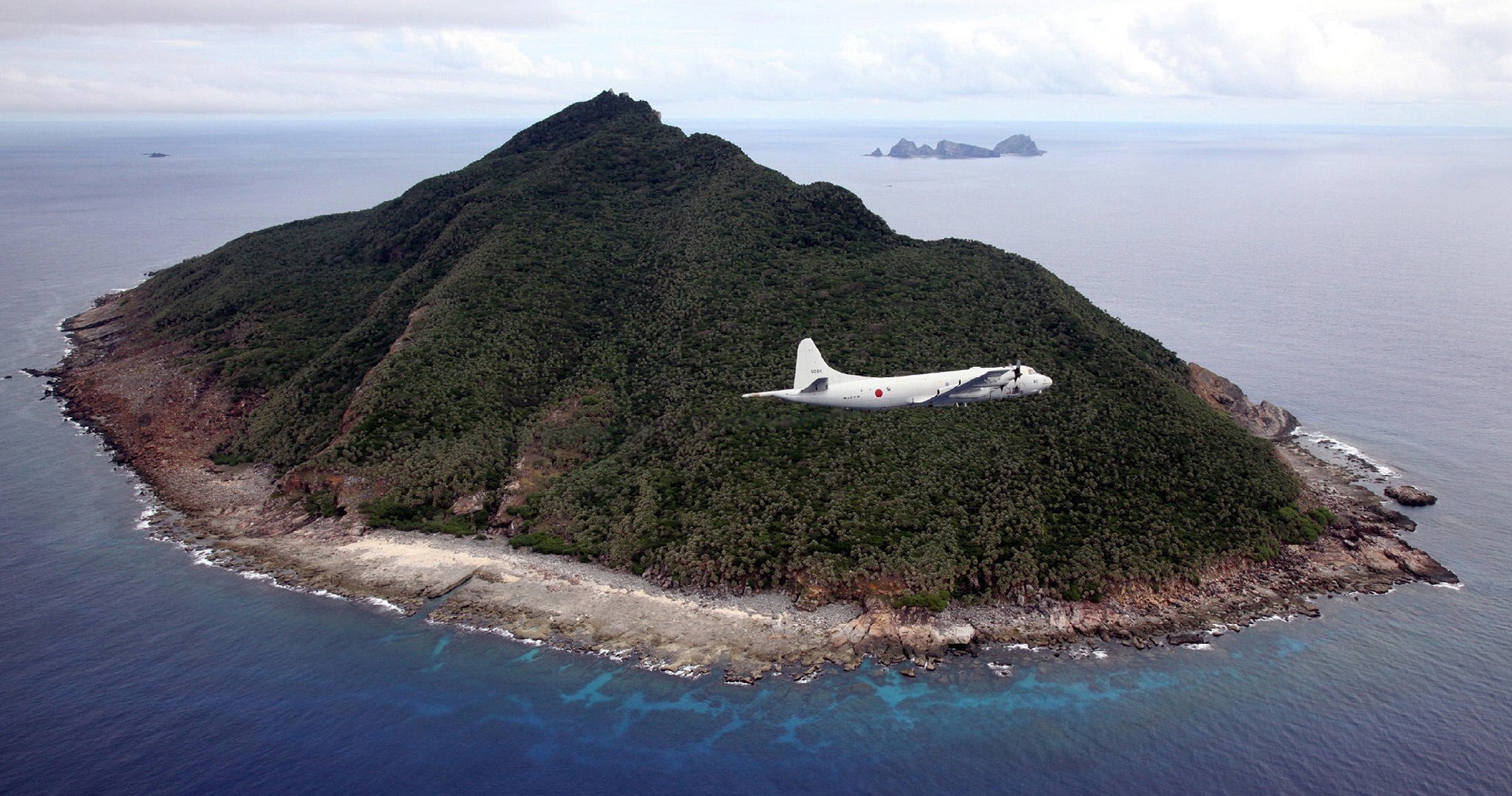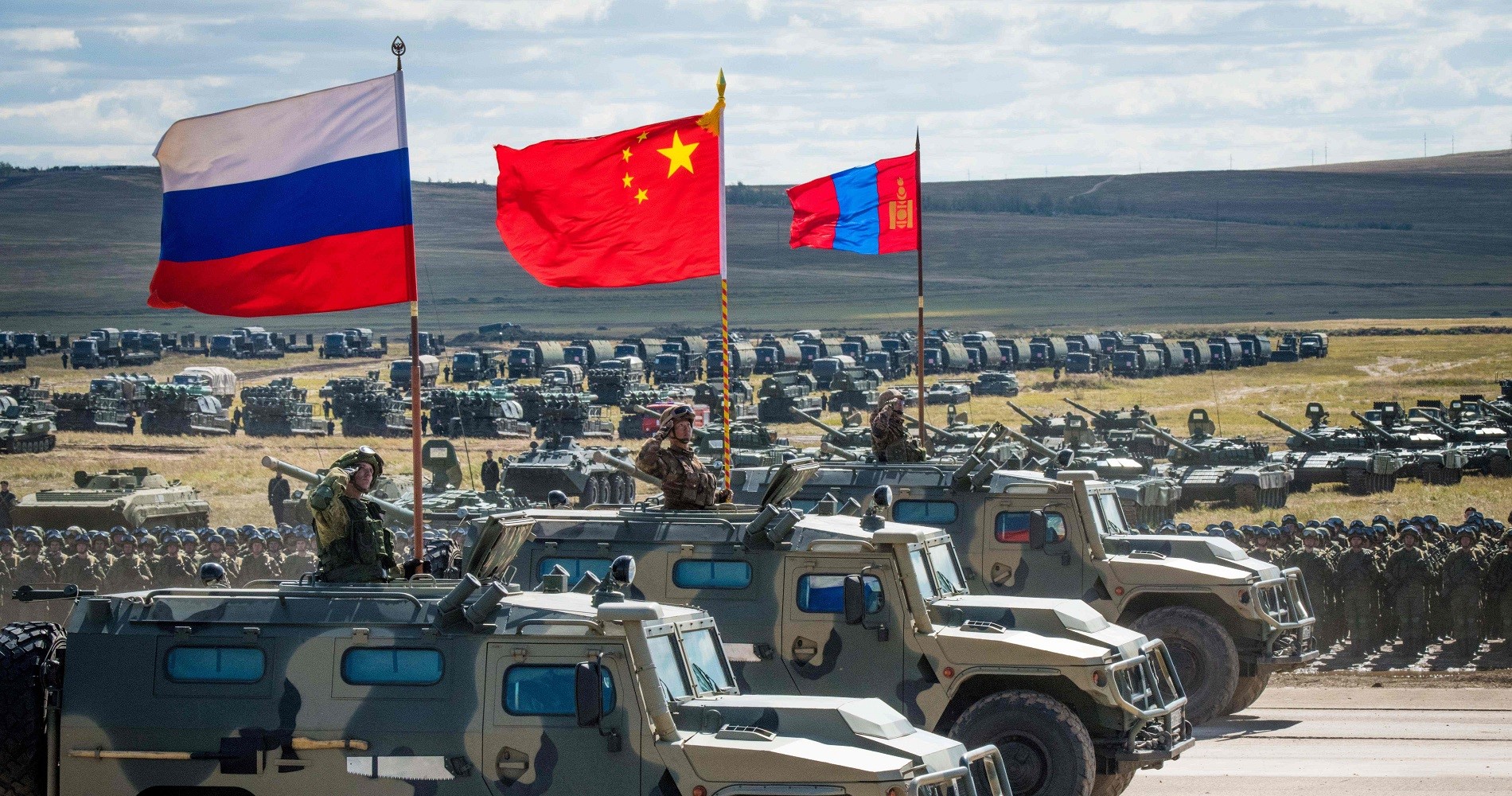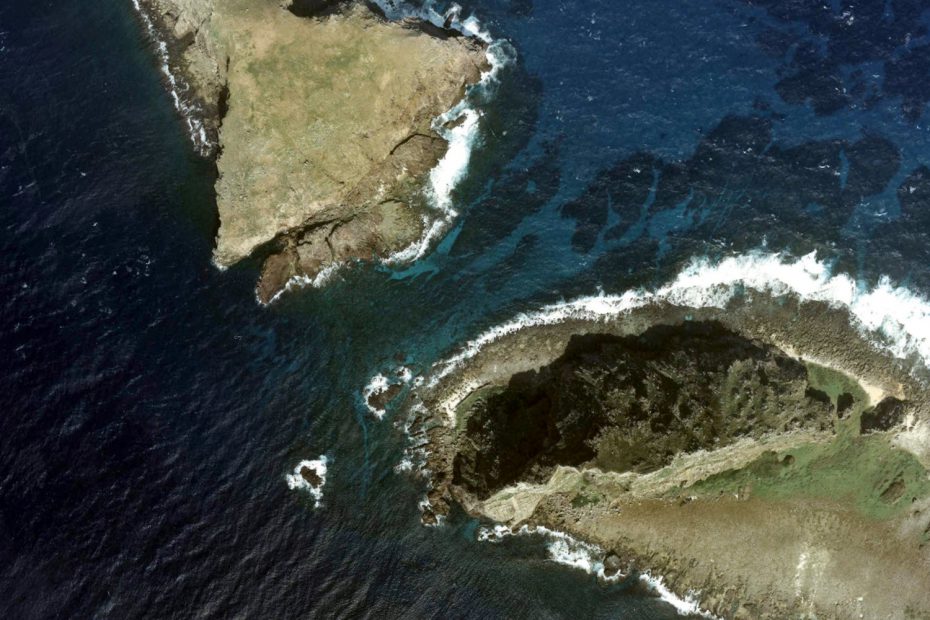Japan’s Coast Guard and Maritime Self-Defense Force: Cooperation among Siblings
This MAP Analysis is a preview of the author’s forthcoming article in the January issue of Asia Policy. Coping with “gray zone” situations has in recent years become the core security challenge for Japan. Since September 2012, Beijing has been challenging Japan’s sovereign control of the Senkaku Islands by regularly sending law-enforcement vessels into Japanese territorial waters and contiguous zones. Beijing sends civilian or paramilitary forces to change facts on the ground while daring the targeted country to use force to stop these activities. These incursions, which do not amount to an armed attack, are blurring the line between crime… Read More »Japan’s Coast Guard and Maritime Self-Defense Force: Cooperation among Siblings
